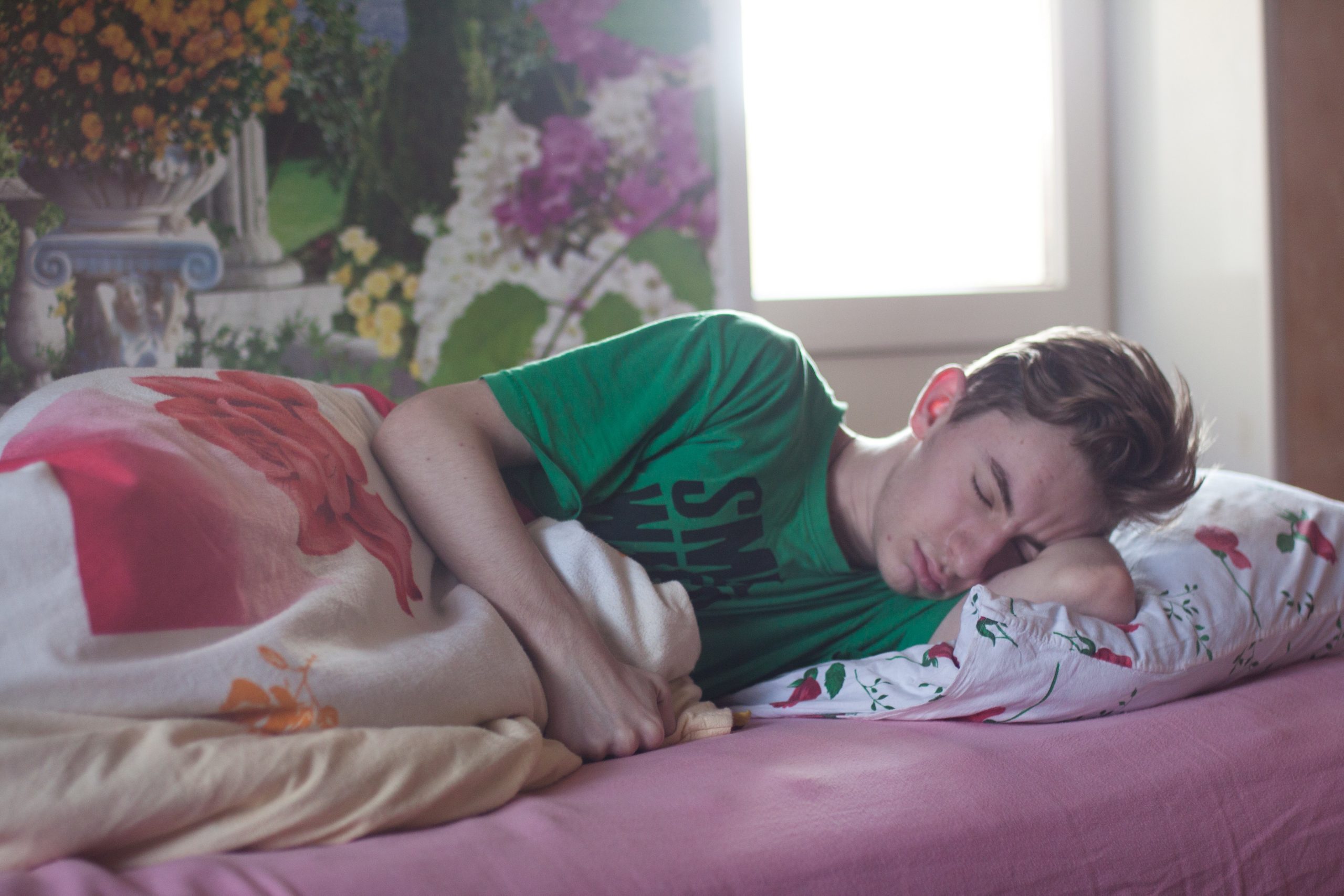
Triggers
Some things make seizures more likely for some people with epilepsy. These are often called triggers.
Fast facts
-
1Triggers don’t cause epilepsy; they are things that make seizures more likely
-
2There are a range of things that can trigger seizures (more on this below)
-
3Not everyone with epilepsy has seizure triggers
-
4If you have seizure triggers, trying to avoid them can help to prevent seizures
-
5Only 3 in 100 people with epilepsy, have seizures triggered by flashing lights
Possible seizure triggers
Your seizure triggers will be individual to you. Here are some possible triggers.
-
Not taking your epilepsy meds
Not taking your epilepsy medicine as prescribed, or forgetting to take a dose, can be a seizure trigger.
There are some tips for remembering to take your meds on the epilepsy medicines page.
-
Sleep
You might have more seizures if you don’t get enough sleep or get over tired.
For tips on getting a good night’s sleep see the page about sleep.
-
Stress
You might find that stress makes you more likely to have a seizure – lots of people with epilepsy find stress is a trigger. It’s not really possible to avoid stress all the time. But it is possible to try and manage it.
There are some ideas on the page about stress
-
Alcohol and recreational drugs
Drinking alcohol or using recreational drugs can sometimes trigger seizures. Binge drinking over a short space of time can be a seizure trigger. Drinking a lot can also make some epilepsy medicines less effective.
Recreational drugs include illegal drugs and ‘legal highs’. There is no control over what goes into these drugs. They come with a high risk to your health and they can trigger seizures.
For more info see the page on alcohol and recreational drugs page
-
Flashing or flickering lights
Around 3 in 100 people with epilepsy have seizures which are triggered by flashing or flickering lights, or high contrast patterns. This is called photosensitive epilepsy.
To learn more visit, the page about flashing lights
-
Your menstrual cycle
Hormone levels change during the menstrual cycle. You might have more seizures than usual at certain times in your menstrual cycle. This could be at the start of your period, around the middle of your cycle (when you ovulate) or in the week before your period.
There is more about how hormones affect epilepsy on the hormones, sex and parenthood pages
-
Missing meals
Some people with epilepsy say that missing meals makes them more likely to have a seizure. If you think that skipping meals is a trigger for you, try to make sure you eat regularly.
To learn more about eating well visit the Eat well pages on the NHS website. -
Being unwell
You might be more likely to have seizures if you’re sick or have a high temperature. Ask your epilepsy doctor or nurse what to do if you vomit or have diarrhoea.
Stories by you
Paige explains how she discovered her seizure triggers
Watch
Georgie talks about what she has in her bag to help her manage having epilepsy. She meant to include her phone too.
Do something
You might already have an idea of what can trigger your seizures. If you’re not sure if you have seizure triggers, keeping a seizure diary can help to work them out.
If you think you have seizure triggers what could you try to avoid them?

More info
There is more about seizure triggers on the Epilepsy Action website.







